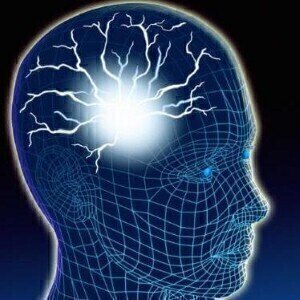-
 Scientists highlight paradoxical effect of dopamine replacement therapy
Scientists highlight paradoxical effect of dopamine replacement therapy
News
Scientists make breakthrough with Parkinson's treatment
Jun 15 2011
Dr Oury Monchi, an expert in neuronal modeling and head of the Neurophysiological and Neuroimaging Research theme at the Centre de recherche de l'Institut universitaire de geriatrie de Montreal (IUGM), affiliated with the Universite de Montreal, and Dr Penny A MacDonald, neurologist and postdoctoral fellow, identified the reasons during a clinical laboratory study.
The part of the brain most affected by dopamine depletion as a result of Parkinson's disease is the striatum which is divided into several structures.
In Parkinson's disease, the dorsal striatum is more severely affected while the ventral striatum remains largely unaffected in the early stages.
"We observed that while dopamine replacement therapy enhances the functions of the dorsal striatum, it is at the expense of the ventral striatum which suffers a dopamine overdose, impairing its function", Dr Monchi explained.
Dr MacDonald suggested that the findings will allow scientists to explore different treatments which could improve overall health.
Digital Edition
Lab Asia Dec 2025
December 2025
Chromatography Articles- Cutting-edge sample preparation tools help laboratories to stay ahead of the curveMass Spectrometry & Spectroscopy Articles- Unlocking the complexity of metabolomics: Pushi...
View all digital editions
Events
Jan 21 2026 Tokyo, Japan
Jan 28 2026 Tokyo, Japan
Jan 29 2026 New Delhi, India
Feb 07 2026 Boston, MA, USA
Asia Pharma Expo/Asia Lab Expo
Feb 12 2026 Dhaka, Bangladesh


















